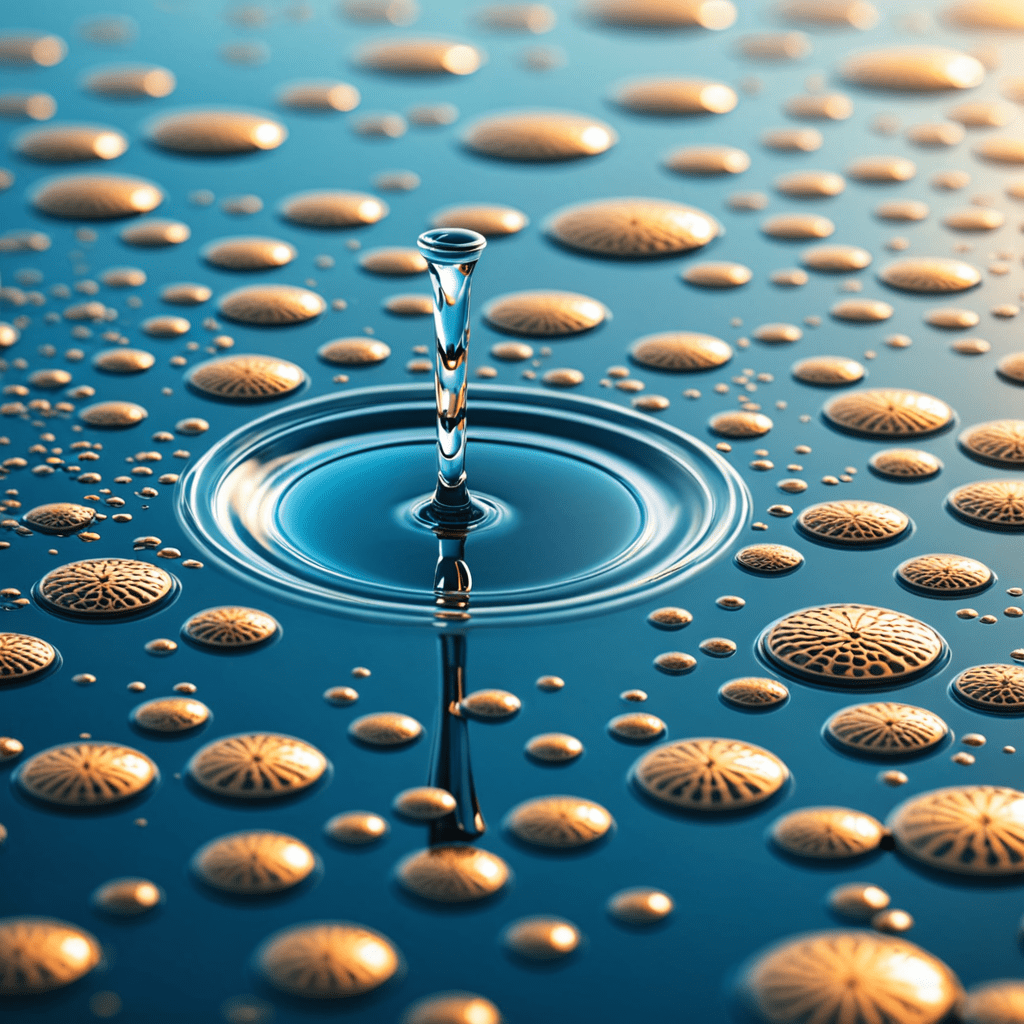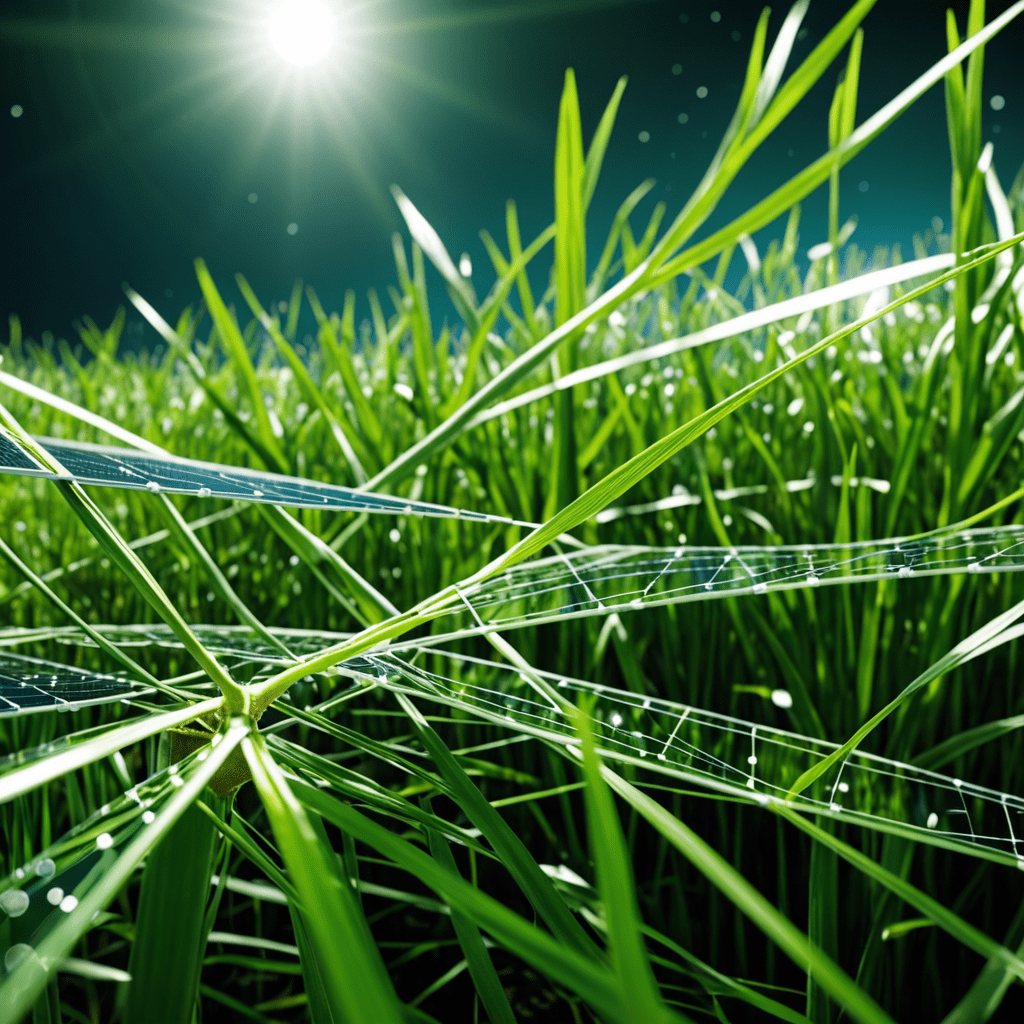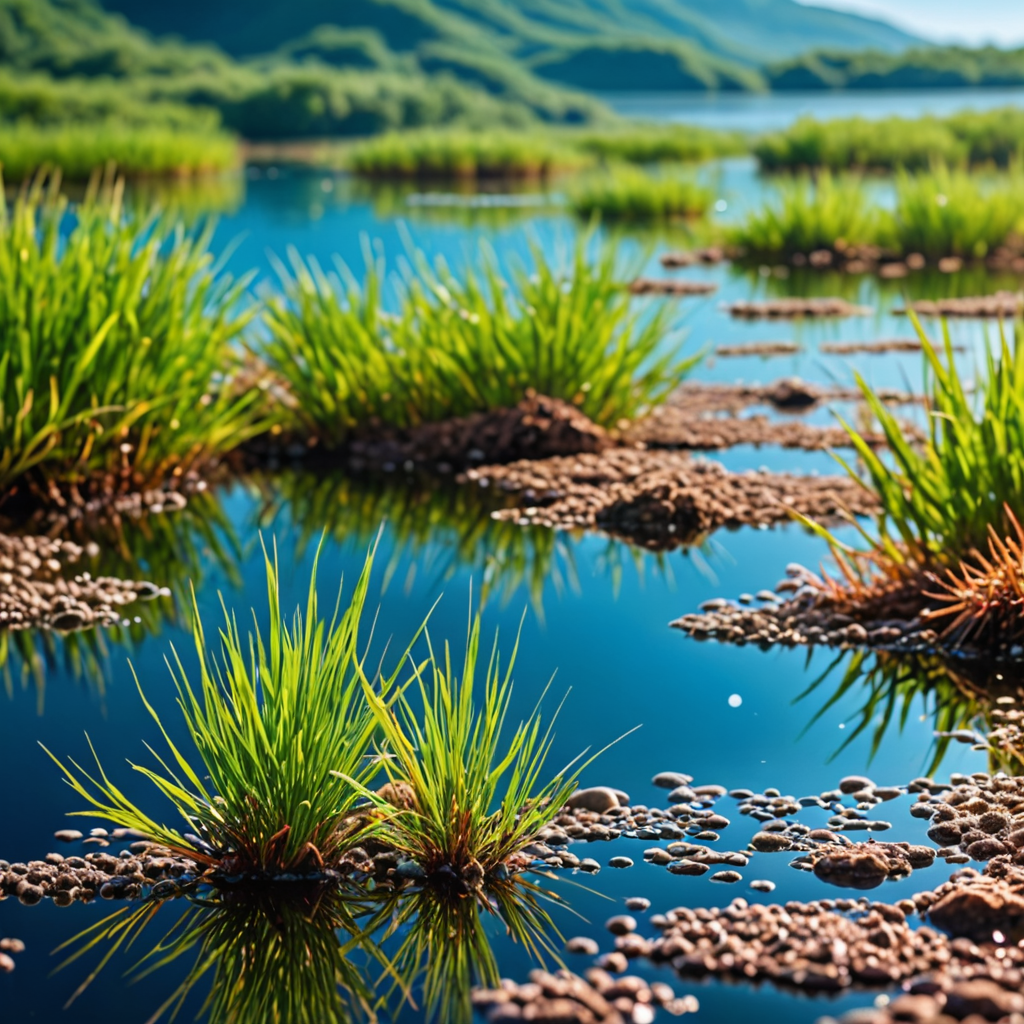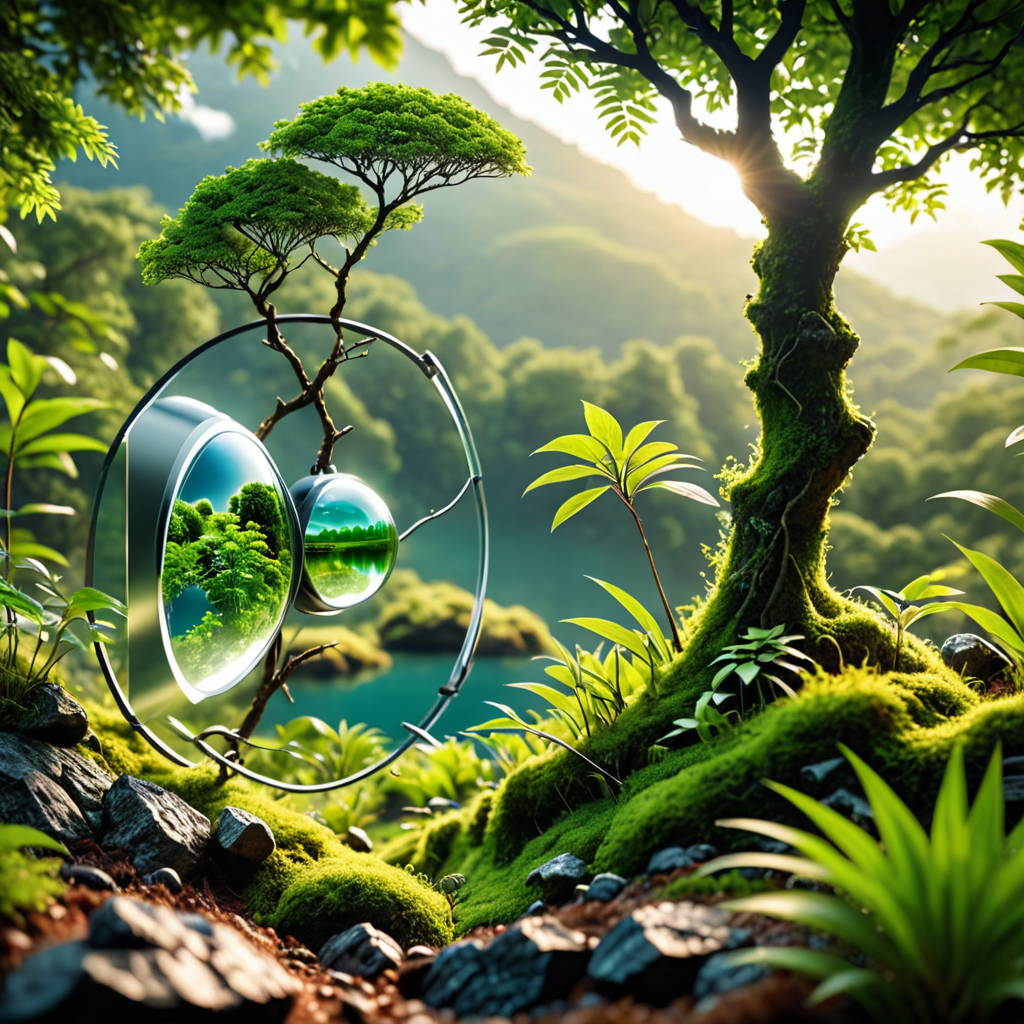
Nanotechnology in Water Conservation: Efficient Water Management with Nanotech
The Role of Nanotechnology in Water Conservation
Nanotechnology, the manipulation of materials at the nanoscale, has emerged as a powerful tool in addressing water conservation challenges. By leveraging the unique properties of nanomaterials, such as their high surface area to volume ratio and reactivity, nanotechnology offers innovative solutions for efficient water management.
Nanotech Water Treatment Processes
One of the key applications of nanotechnology in water conservation is in water treatment processes. Nanomaterials like carbon nanotubes, graphene oxide, and titanium dioxide nanoparticles have shown great potential in removing contaminants from water, improving water quality, and making it safe for consumption.
Nanosensors for Water Monitoring
Nanotechnology also plays a crucial role in water monitoring through the development of nanosensors. These tiny sensors can detect trace amounts of pollutants in water, enabling real-time monitoring of water quality and early detection of contamination events, leading to prompt actions for water conservation.
Nanomembranes for Water Filtration
Nanotechnology has revolutionized water filtration with the development of nanomembranes. These membranes, engineered at the nanoscale, exhibit high permeability and efficiency in removing impurities from water, making them essential in conserving water resources and ensuring access to clean water.
Smart Nanomaterials for Water Recycling
Smart nanomaterials are being employed to enhance water recycling efforts. By utilizing nanotechnology, water can be treated and purified efficiently for reuse in various applications, reducing water consumption and minimizing the environmental impact of water disposal.
Challenges and Future Prospects
While nanotechnology holds immense potential in water conservation, challenges such as scalability, cost-effectiveness, and potential environmental impacts need to be addressed. Nevertheless, ongoing research and advancements in nanotechnology continue to pave the way for more sustainable water management practices.
Conclusion
In conclusion, nanotechnology offers promising solutions for efficient water management and conservation. By harnessing the capabilities of nanomaterials in water treatment, monitoring, filtration, and recycling, we can work towards a sustainable future where water resources are preserved and safeguarded for generations to come.
FAQs about Nanotechnology in Water Conservation
What is Nanotechnology in Water Conservation?
Nanotechnology in water conservation involves using extremely small materials to improve water management processes, making them more efficient and sustainable.
How does Nanotech help in Water Conservation?
Nanotechnology can enhance water filtration, purification, and desalination processes, leading to reduced water waste and better overall water quality.
What are the Benefits of Nanotechnology in Water Management?
The benefits include increased water availability, improved water quality, lower energy consumption in treatment processes, and a more environmentally friendly approach to water conservation.


